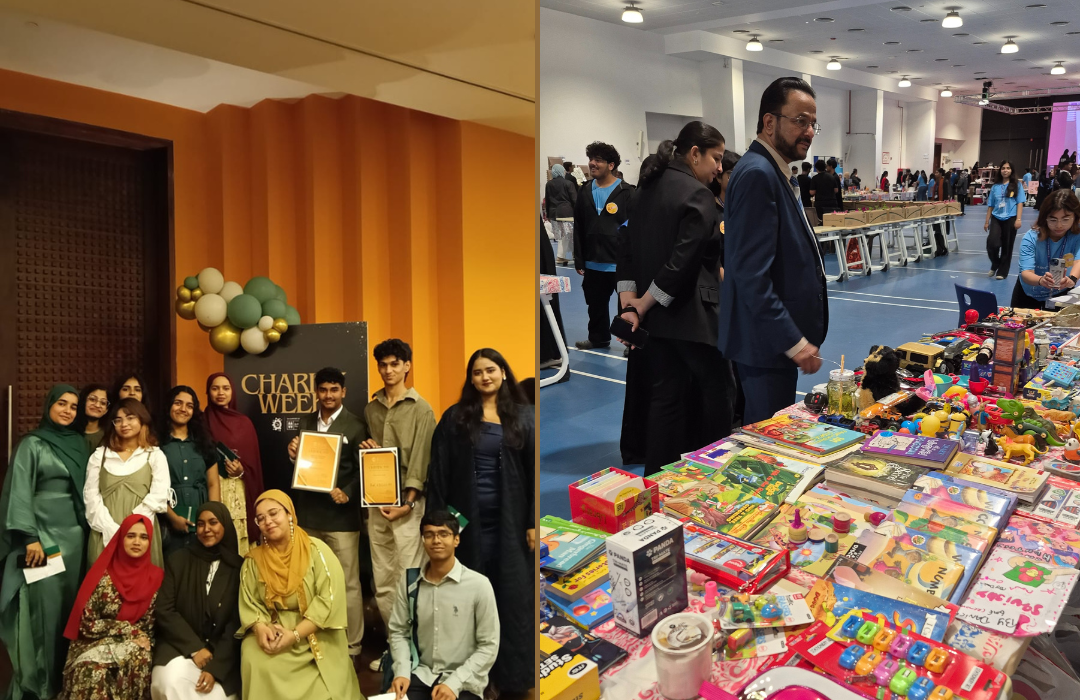











Abdul
Raoof Kondotty, Member: Loka Kerala Sabha
More than twenty lakh Kerala expatriates are at risk of losing their place in the electoral roll due to issues related to the Special Intensive Revision (SIR) of voter lists. Under the Representation of the People Act, 2010, Non-Resident Indians (NRIs) must register under the Expatriate Voter (Overseas Elector) category and are required to vote in person from their constituency in India. Voters in India fall into three categories: general voters, expatriate voters, and service voters.
Kerala has approximately 22 lakh expatriates, but only around 90,000 are registered as overseas voters. A large number of NRIs continue to appear in the electoral roll as general voters-a category reserved only for residents living in India. Legally, such entries are invalid if questioned. Those listed incorrectly must re-register under the overseas voter category, cancel their regular voter IDs, and ensure proper documentation.
With the second phase of Special Intensive Revision (SIR) now underway, nearly one-third of India’s voters will come under this updated verification process. The situation of expatriate voters in other Indian states is even more concerning. Although 1.35 crore Indian expatriates worldwide are eligible to vote, only 1,19,374 registered by 2024. This means nearly 1.34 crore NRIs may be excluded from the SIR simply because they are not registered as expatriate voters. In states like Tamil Nadu and Uttar Pradesh-already covered under SIR-not a single expatriate vote has been recorded.
SIR, citizenship, and the NRI community
The link between SIR and citizenship has become a
matter of intense debate. As per Indian law, only Indian citizens can vote.
Since SIR excludes NRIs who are not registered as expatriate voters-along with
OCI and PIO cardholders who have acquired foreign citizenship-the updated voter
roll after SIR may also indirectly serve as a citizenship validation document.
Registering as an expatriate voter benefits not
just today’s NRIs but also future generations. Many long-settled NRIs who do
not hold foreign citizenship risk leaving their children unable to register as
voters in India later. If parents are not listed in India’s electoral roll
during the SIR, their children may face major hurdles in proving eligibility
for voter registration in the future.
Need for voter IDs and simplified registration for expatriates
It is discriminatory that voter ID cards are not
issued to expatriate voters, while they are provided to general voters. The
government has not clarified why expatriates are excluded, especially when
voter IDs serve as an important official document in India.
Expatriates currently must vote using their
original passport—an impractical requirement. Although online registration
exists, applicants still need to send documents via registered post or submit
them in person to the Electoral Registration Officer. The additional
requirement to vote physically from their home constituency further discourages
NRIs, causing even well-informed expatriates to avoid the process.
What needs immediate attention
Understanding the legal framework related to expatriate voting is essential. Expatriate communities, organisations, and activists must step forward proactively to guide and support NRIs-without waiting until the last moment. Timely awareness, assistance, and action are crucial to ensuring expatriates can retain their democratic rights under the SIR process.
Join the Rehaab Media WhatsApp group for timely updates (Click here to join the group)








